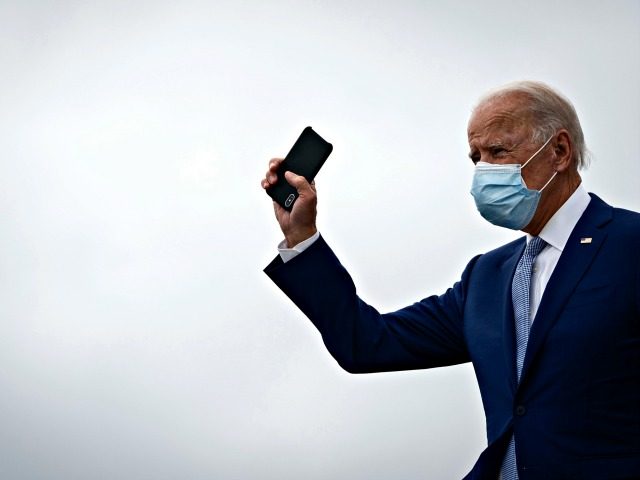Owners of small businesses reported good business conditions in the face of rising covid-19 infections in October even while they became increasingly wary that governments could once again issue lockdown orders, according to data released Tuesday.
The National Federation of Independent Businesses said its optimism index remained at 104 in October, even with the September score and a historically high reading. That was in line with expectations.
“Although all of the data was collected prior to Election Day, a 6-point increase in the NFIB Uncertainty Index to 98 was likely driven by the election and uncertain conditions in future months due to the COVID-19 pandemic and possible government mandated shutdowns,” the NFIB noted in its report. “The uncertainty reading was the highest reading since November 2016.”
Small businesses have continued to see improvements in foot traffic and sales with a net six percent of all owners reporting higher nominal sales in the past three months, an improvement of 12 points from September. The net percent of owners expecting higher real sales volumes increased 3 points to a net 11 percent of owners.
Earnings trends over the past three months improved nine points to a net negative three percent reporting higher earnings. Earnings trends have improved to pre-crisis levels, up 32 points since June.
Inventory investment plans for the next three to six months increased 1 point to a net 12 percent, a record high.
Fifty-three percent of owners reported capital outlays in the last six months, unchanged from September.
“Historically, this is a poor performance because it doesn’t boost current GDP and it impairs the future growth in worker productivity and pay,” the NFIB warned.
Of those making expenditures:
- 36 percent of owners reported spending on new equipment (down two points),
- 20 percent acquired vehicles (down three points),
- and 16 percent improved or expanded facilities (unchanged),
- Five percent acquired new buildings and land for expansion (up 1 point),
- Twelve percentspent money for new fixtures and furniture (up 4 points).
Twenty-seven percent plan capital outlays in the next few months, down 1 point from September. Expectations for improved credit conditions improved one point to a net negative four percent.
“Leading up to the presidential election, small businesses continued to focus on stabilizing their businesses but were uncertain about the future economic conditions due to COVID-19 government regulations on all levels,” said NFIB Chief Economist Bill Dunkelberg. “We see solid momentum going into the 4th quarter, and another good quarter could get the GDP back to its 2019 closing levels.”
Owners expecting better business conditions over the next six months declined five points to a net 27 percent. Those reporting hiring or trying to hire in October fell one point from September, but this remains at a historically high level of 55 percent. Thirty-three percent of all owners reported job openings they could not fill in the current period, down three points from September’s report.
A net 23 percent reported raising compensation, unchanged from the prior month, and a net 18 percent plan to do so in the coming months, up 2 points. Fifty-three percent of owners reported capital outlays in the last six months, unchanged from September.

COMMENTS
Please let us know if you're having issues with commenting.